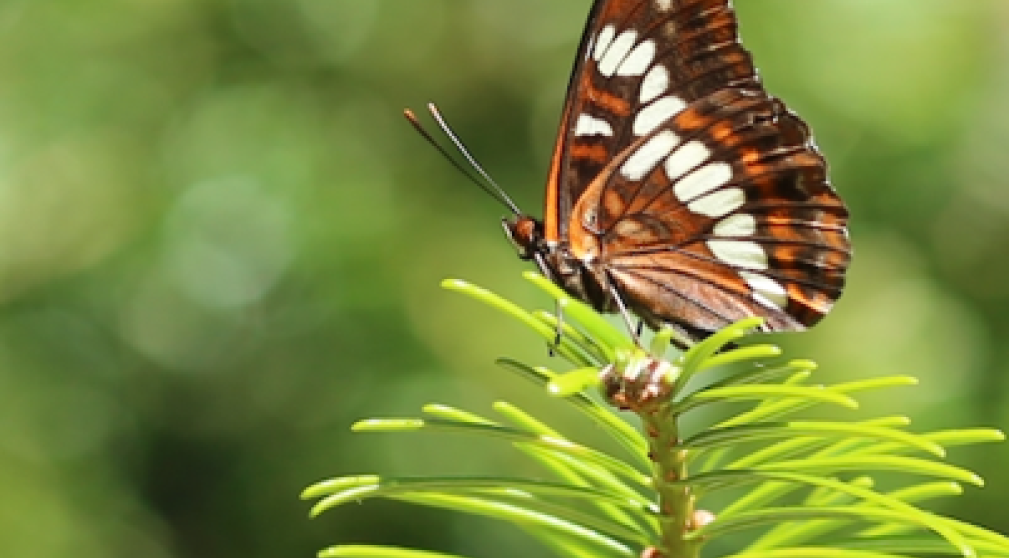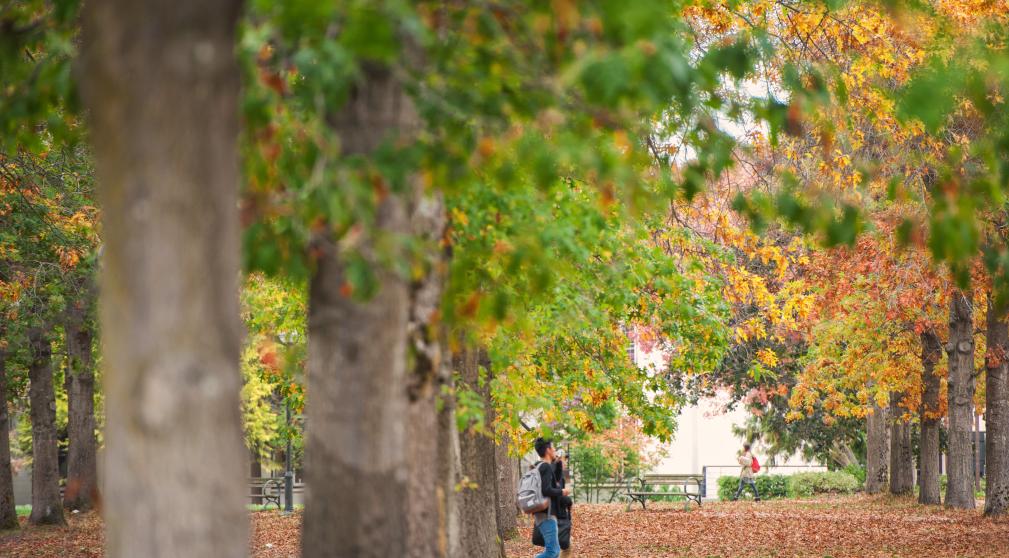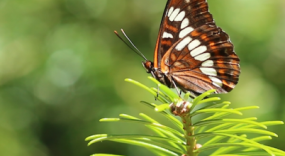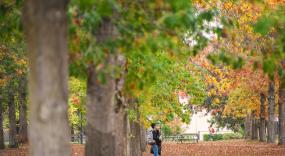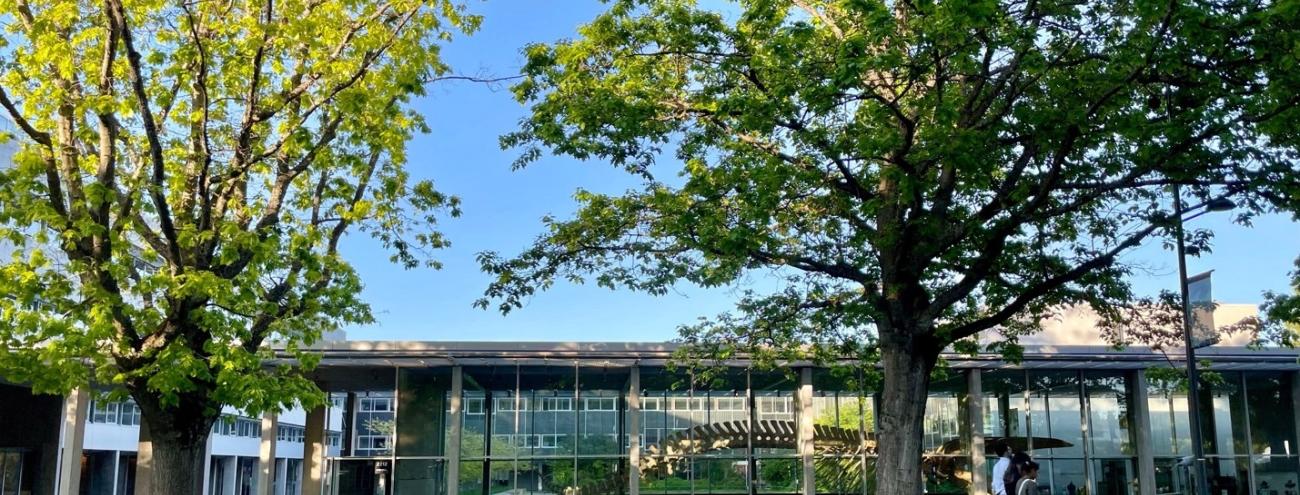
Campus Trees, Microbes and Insects (CTMAIN): A database for understanding how tree traits mitigate climate change and enhance biodiversity
The project aims to investigate the impact of urban tree selection on local insect and microbial communities. Researchers will select trees from multiple sites across campus and assess the insect and microbial diversity associated with specific tree and tree traits.
Project Team
Michelle Tseng, Assistant Professor, Science
Tara Moreau, Associate Director of Sustainability and Community Programs, UBC Botanical Garden
Trees are critical for addressing biodiversity and climate emergencies and provide essential ecosystem services in urban environments, such as filtering and cooling the air, absorbing stormwater, and providing cultural benefits. Despite the benefits of urban trees, the impact that tree selection and planting have on other living-being communities, such as microbes, plants, and animals, is not well understood. For example, the European Hornbeam has been widely planted in the City of Vancouver because it is fast growing, provides ample shade, is drought tolerant, and has few disease problems. However, this species does not provide suitable habitat for native insects and does not produce nectar, berries, or other resources for urban wildlife.
The project aims to investigate how the selection of urban trees based on their robustness to city living has affected local insect and microbial communities. The project will establish a long-term collaboration between a diverse group of stakeholders on campus, including the UBC Faculties of Forestry and Science, the Musqueam community, the Campus Biodiversity Initiative: Research & Demonstration (CBIRD), UBC Botanical Garden, and SEEDS Sustainability Program. The project will engage the Musqueam community to learn about their interests in specific campus trees, select 20 sites to prototype the development of an enhanced tree trait and community database, develop genomic methods to identify microbe and insect communities, and expand the current tree database to include data that provides comprehensive information about tree traits over their lifespan.
The project will generate valuable data on the use and effectiveness of urban trees in real-world situations. It will provide information on balancing the need for urban trees that help cities adapt to climate change and the need for trees that support and nurture non-human biodiversity. The project also aims to create a world-leading database of tree traits and the ecological communities they support. It will provide much-needed information on the relationship between tree traits and microbial and insect communities.
Watch the project in action
